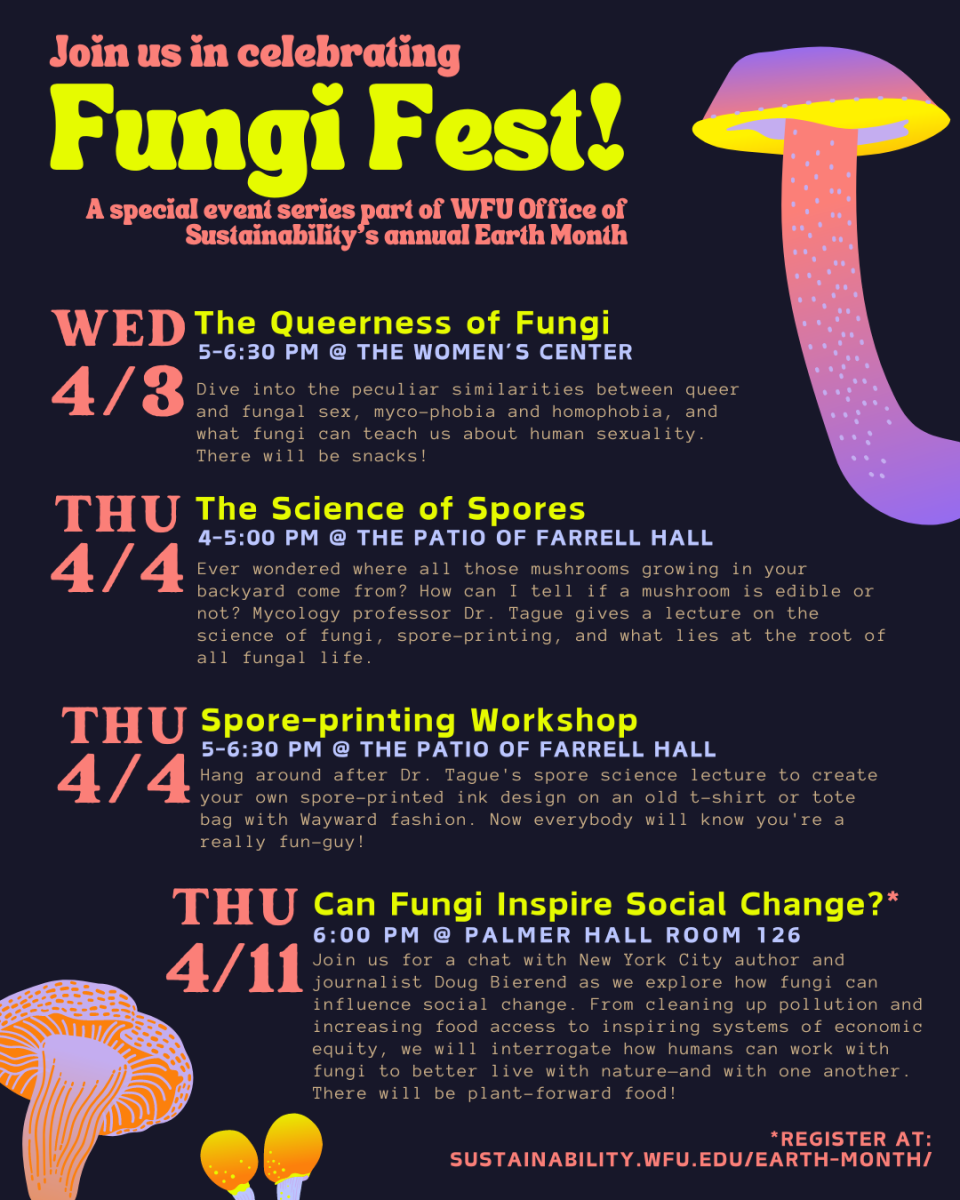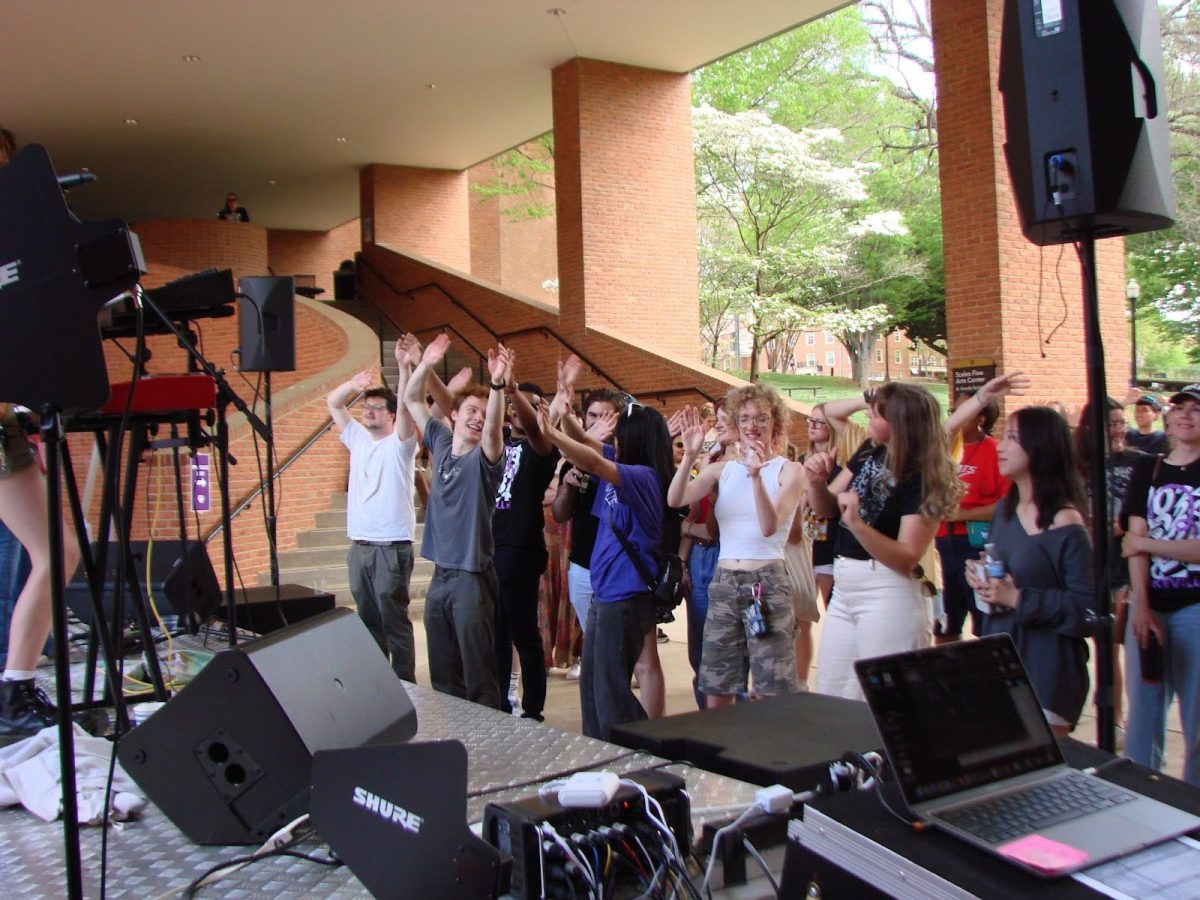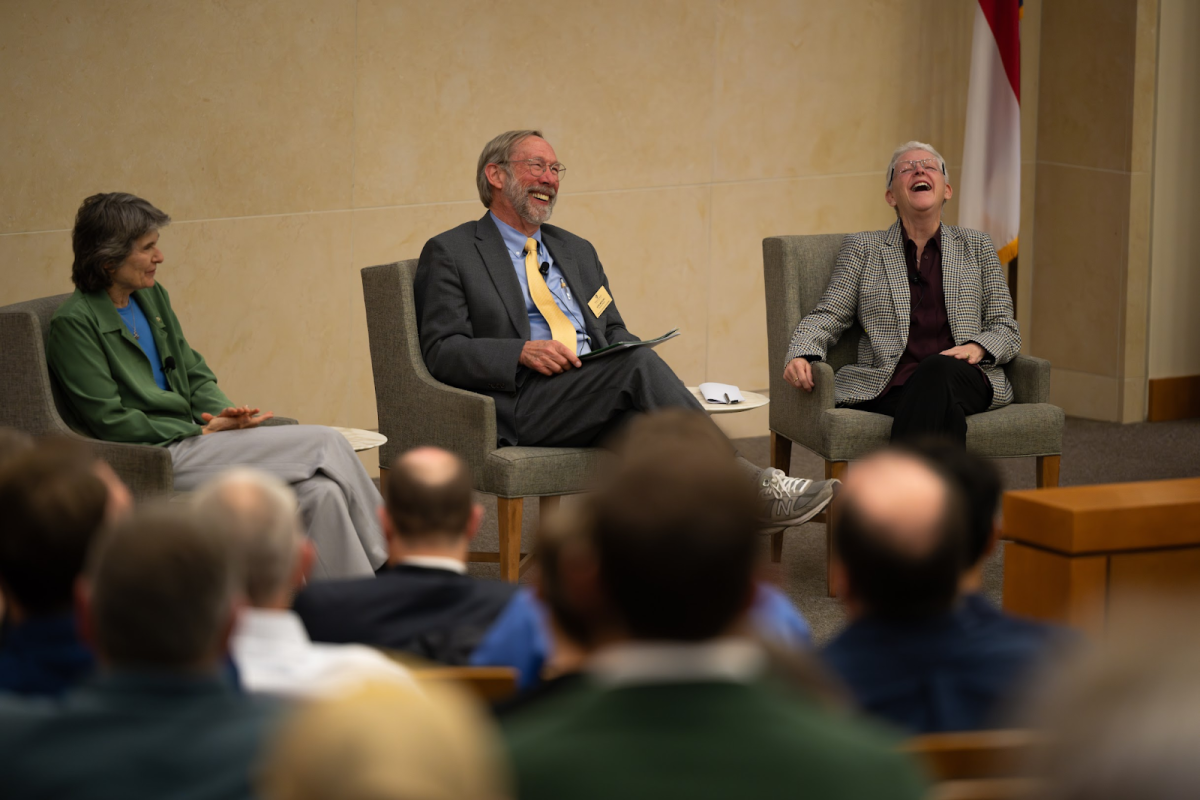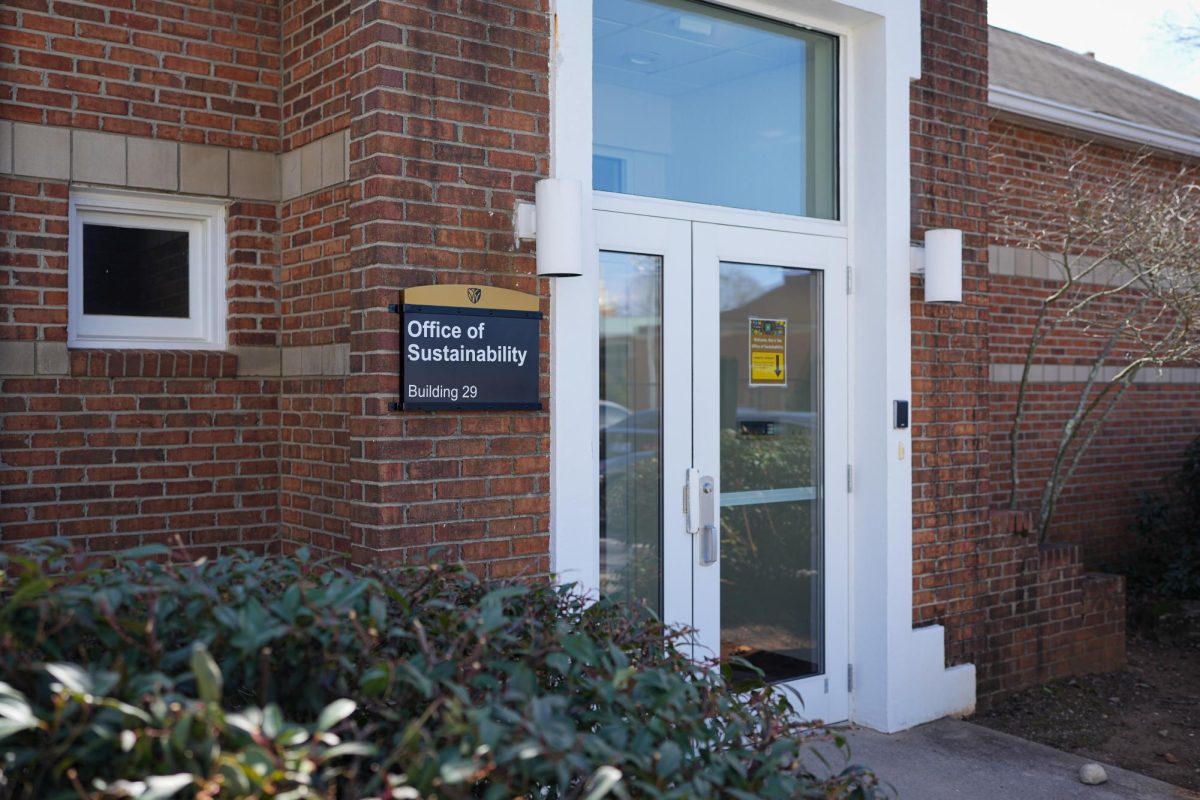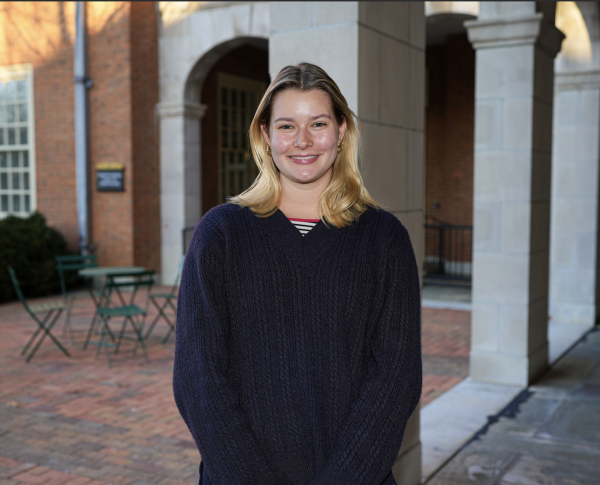While we often think of our closest relatives as the ape, humans are interconnected to many strange species –– most notably, Fungi.
Una Wilson, a senior, has been a mycology fanatic since high school. It was then when she listened to a podcast that spoke about how trees communicate using mycorrhizal fungi –– a passion she furthered in her collegiate academic pursuits.
“One of the most common misconceptions is that fungi are plants, and they are not. They are a separate kingdom, and fungi are more closely related to animals,” Wilson said. “Evolutionarily, fungi are our closest relatives.”
Wilson is hosting a month-long festival, in tandem with the Office of Sustainability’s Earth Month lineup of events. Fungi Fest, according to Wilson, was months in the making, and includes multiple other offices and outside collaborators, including two sponsored events from the School of Business. Since the fall of 2023, Wilson has been planning each of the festival’s eight events — making an idea she first developed in 2022 a reality two years later.
“This festival is a dream child of mine — really just to educate people about fungi because they have been so meaningful to me, and it’s rewarding to see how people react when they learn about fungi,” Wilson said.
An event about the intersection of queerness and fungi led by Wilson on Wednesday, April 3 was held in the Wake Forest Women’s Center and was co-sponsored by the Women’s Center and the LGBTQ+ Center. A talk led by journalist Doug Bierend on April 11 was co-sponsored by the Environmental Program, and Outdoor Pursuits hosted a fungi identification walk on April 13.
Other events this month will include a tour of a mushroom farm, a documentary screening, a garden party and a mushroom cultivation workshop.
Wilson joined Dr. Brian Tague’s mycology lab her sophomore year, where she first learned the in’s and out’s of being a mycologist. To round out her senior year, she enrolled in Biology 327: Mycology: Biology of Fungi, an undergraduate course taught by Tague this semester.
On Thursday, April 4, I attended two Fungi Fest events: Dr. Brian Tague’s talk on the science of spores and a spore printing workshop.
In his talk, Tague gave students insight into what a spore is, how they differ from human haploid cells and how fungi reproduce. According to Tague, there are over five million fungal species, and most have gone undiscovered. Fungi are decomposers and are vital to keeping our ecosystem healthy and balanced.
However, they can be difficult to understand, even for scientists. Fungal reproduction varies greatly from human reproduction. The mushroom that grows above ground is called the fruiting body, and the mycelial network grows beneath. The fruiting body releases single celled reproductive units, called spores.
“Spores come out of mushrooms, land, germinate, and start making hyphae,” said Tague. Those strands interact with each other to make mycelium…”
Hyphae are the filaments that make up multicellular fungi. Collectively, they are called mycelium. According to Tague, most fungi are filamentous, and these networks span forests wide beneath our feet.
After soaking up Tague’s lecture, attendees moved on to a more hands-on activity: spore printing!
Wilson is passionate about the arts but rarely gets to nurture it as a biology major. Using old shirts and pieces of paper, Wilson showed students how to take a carved linoleum block, add paint and stamp away using the six unique linoleum prints. Designs ranged from the outline of a mushroom to the underside of its cap, which she carved herself.
Sophomore Azul Correa-Dibar attended this event to tap into her passion for art, which intersects with her love for nature.
“I learned that there is so much we don’t know, and I think that it is super interesting that the organism that has been here the longest … is something we know so little about,” Correa-Dibar said.
Wilson was proud to report that these events were a success, as evidenced by the eager students who ran up to her afterward to ask follow-up questions.
“Even though I am a senior, I hope that next year’s interest garnered from the Fungi Fest will lead to another one or a club being started,” Wilson said.
Students who want to learn about fungi are invited to attend the remaining Fungi Fest events, which are happening around campus over the next couple of weeks.


